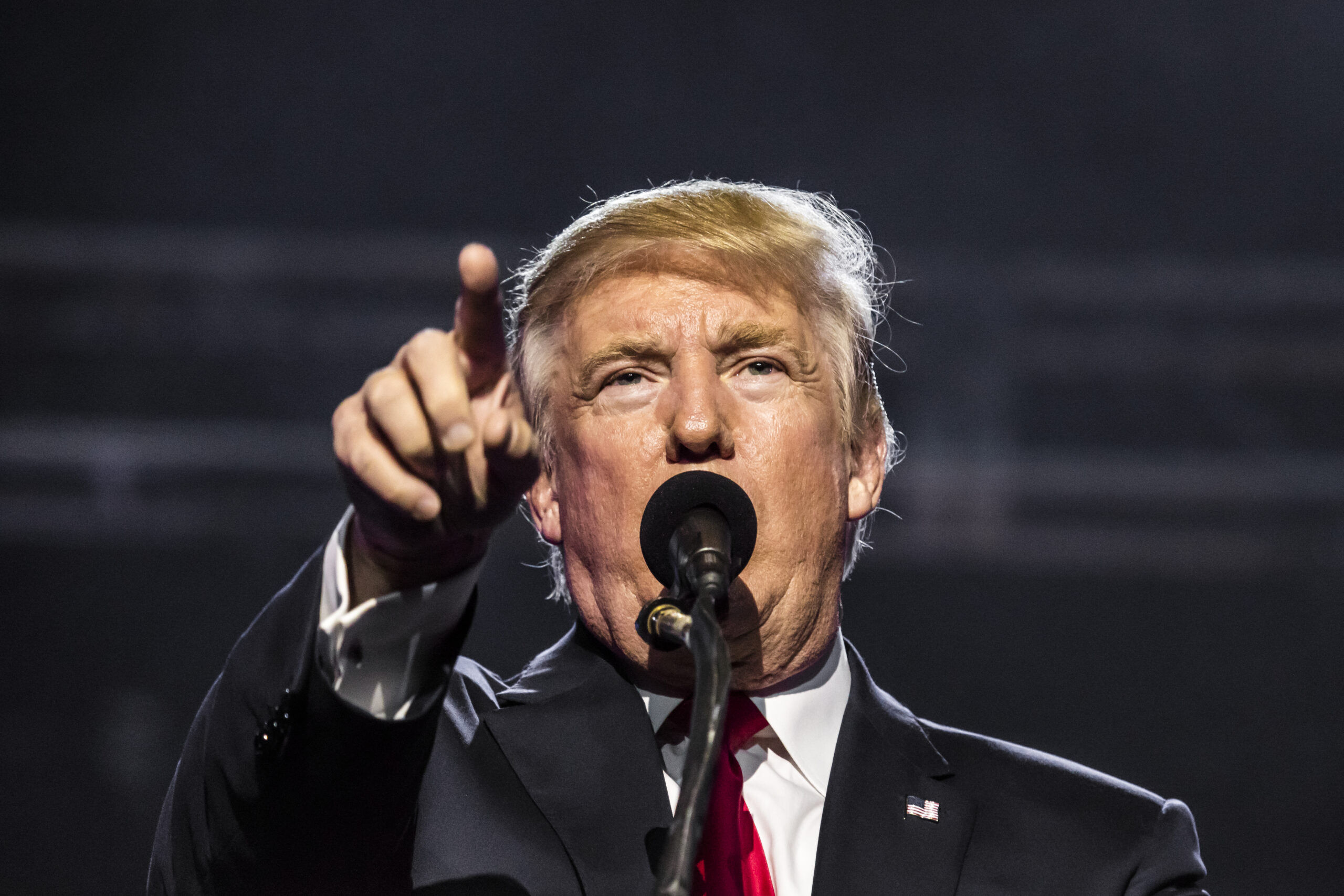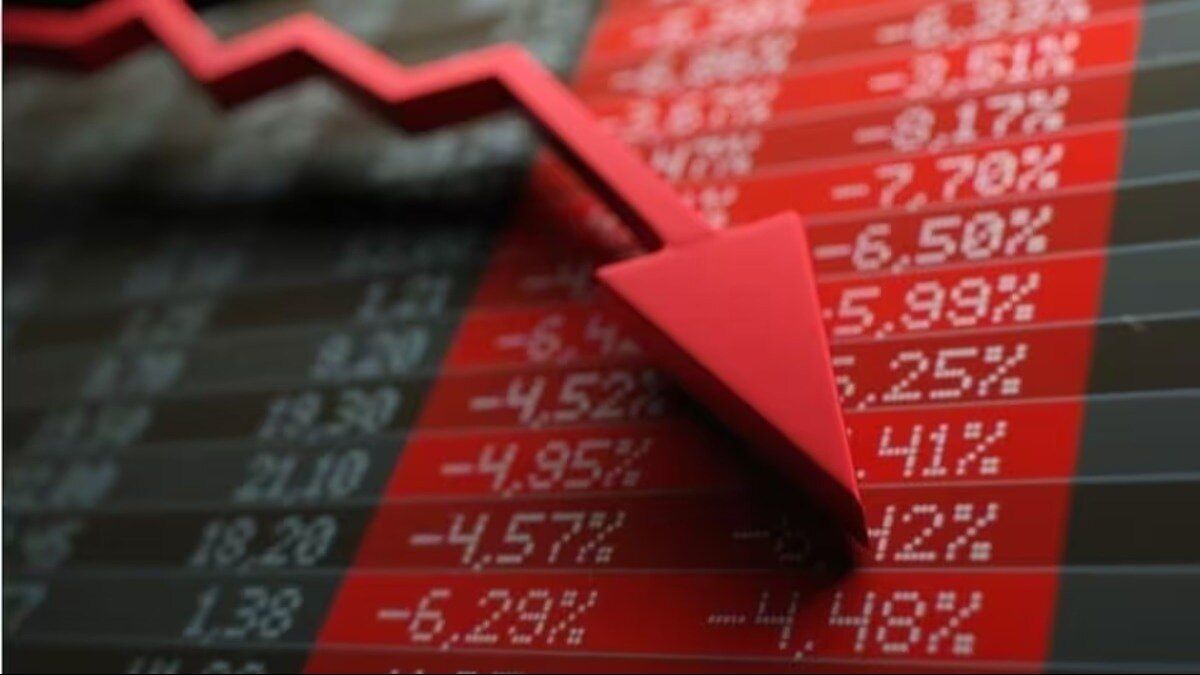The crypto market took a hit on Friday after President Donald Trump’s surprise announcement to impose a 50% tariff on the European Union. This announcement took more than $100 billion off the total crypto market cap. The sell-off came just hours after Bitcoin price had touched fresh record highs earlier in the week. By Friday afternoon, BTC had dropped nearly 3% to trade at $108,000.
Aside from Bitcoin, Ethereum suffered a worse decline, dropping 4% over the past 24 hours to around $2,553. Major altcoins, including XRP, Dogecoin, Cardano, and TRX, followed suit.
President Trump Behind the Recent Slump
The sharp correction was due to President Trump’s escalating trade rhetoric. He blasted the EU’s economic practices and announced a 50% tariff set to take effect on June 1.
“The European Union, which was formed for the primary purpose of taking advantage of the United States on trade, has been very difficult to deal with,” Trump wrote on Truth Social. Previously, he implemented broad import taxes on more than 50 countries in early April. However, Friday’s announcement marked a fresh escalation in tensions.
The development also rattled stock markets in Europe. After the announcement, the German DAX and French CAC fell by over 2%. As often happened during geopolitical shocks, the crypto market showed little insulation.

Former Binance CEO Involved in a Messy Issue With WSJ
Amid the market turbulence, former Binance CEO Changpeng Zhao called out the Wall Street Journal. In a fiery post on social media, Zhao accused the WSJ of abandoning journalistic standards, saying the brand engaged in “Cunningham’s Law” with malicious intent. CZ said the publication had sent his team a lengthy list of loaded questions laced with false assumptions and misleading narratives.
Zhao was particularly critical of a recent WSJ report, especially those claiming he played behind-the-scenes in arranging meetings for the World Liberty Financial (WLF) team in foreign countries. The article alleged that Zhao led introductions with government officials in nations like Pakistan and Malaysia. Hence, it portrayed him as a fixer working to secure agreements on behalf of WLF.
In response, Zhao categorically denied any such involvement, stating he had no prior connection with the individuals cited. He said he wasn’t involved in setting up any meetings. “I did NOT make any introductions for World Liberty’s foreign travels,” Zhao emphasized. Clarifying this, CZ stated that the individuals mentioned had known each other before he ever met them.
However, Zhao didn’t address other inaccuracies in the WSJ’s reporting. Instead, he said that the story aimed to undermine pro-crypto sentiment in the US and implied that entrenched interests within the country are determined to suppress crypto-asset adoption.
READ MORE: Ethereum Ecosystem Is Booming: 21 Highlights That Prove It’s Leading Web3












